If you're on a dairy-free diet, you may be concerned about calcium. We all know that calcium is needed for healthy bones and teeth, but did you know it is also needed for muscle and nerve function as well? It's a hugely important mineral. If you don't have enough in your diet, your body will take it from your bones. In fact, your bones are constantly rebuilding themselves over your whole life, which is why all of us need to ensure we eat enough calcium. Long-term calcium deficiency may cause rickets in children and osteoporosis in adults.
In the UK, dairy is most people's main source of calcium. So if you are dairy free for any reason, you need to make sure you eat plenty of other foods which are high in calcium. There are many, many other websites that can tell you about those already. Instead, I'm going to tell you about some other ways to boost your calcium levels that you may not be aware of.
If you are dairy free because you are breastfeeding a baby with CMPA, check out this post Postnatal Nutrition for Breastfeeding Mums.
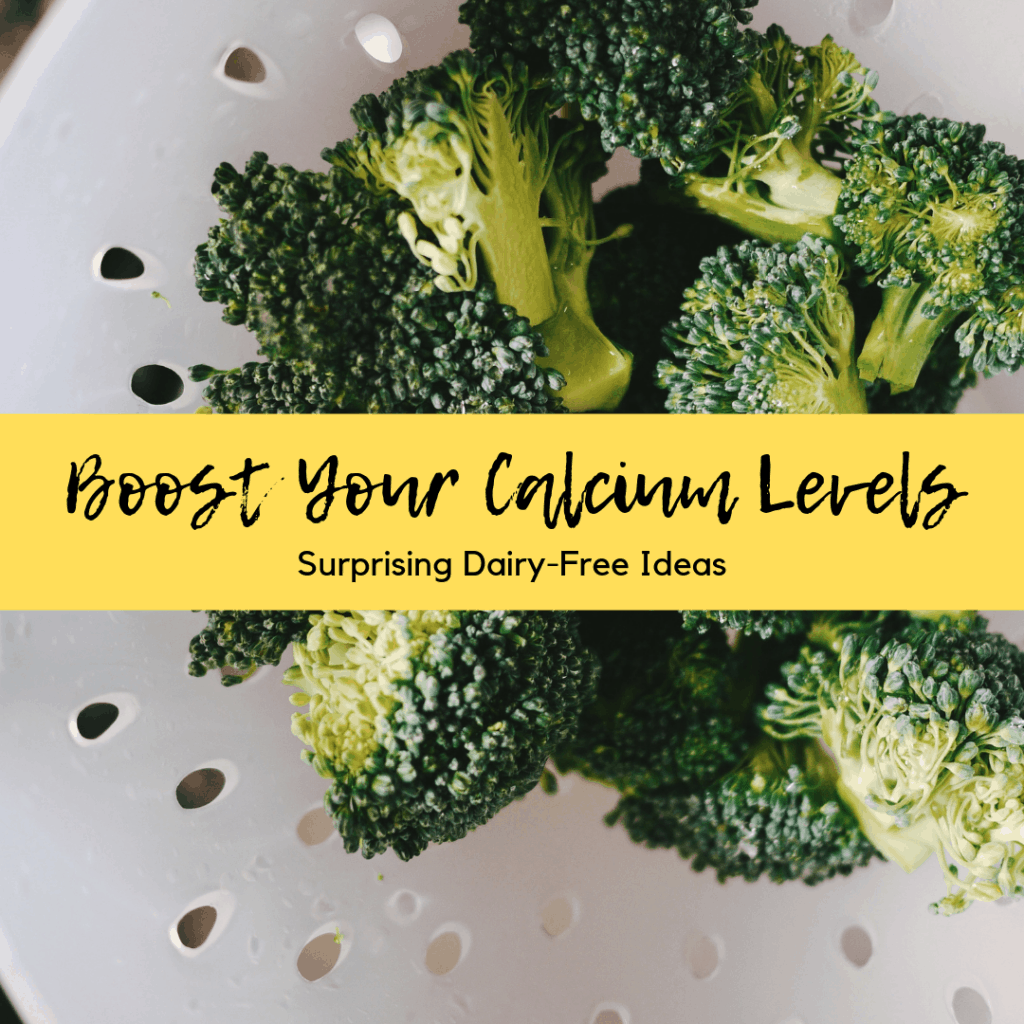
Vitamin D
Vitamin D helps your body absorb calcium. Did you know that your body can actually produce it's own Vitamin D from sunlight directly on the skin? In the spring and summer months, you should be able to get enough Vitamin D from sunlight on the skin, alongside a balanced diet. However, the UK government recommends that breastfed babies and children under 5 should be given a Vitamin D supplement daily, and that everyone should consider supplementing with Vitamin D in autumn and winter. Formula is fortified with Vitamin D already, so if your baby is bottle fed, they won't need an additional supplement.

Photo by chuttersnap on Unsplash
Fruits and Vegetables
The standard Western Diet is typically high in protein and low in fruits and vegetables. Eating more protein causes more calcium to be lost from the body in urine. High protein intake has also been associated with increased fracture risk. Scientists don't yet fully understood why this is. However, protein is needed for bone health too. So what can we do? The answer is not to eat less protein, but to eat more fruits and vegetables. Fruit and vegetable intake may actually have even more of an impact on bone health than calcium intake! This may be due to the wide range of other vitamins and minerals found in fruits and vegetables which are also vital for bone health.
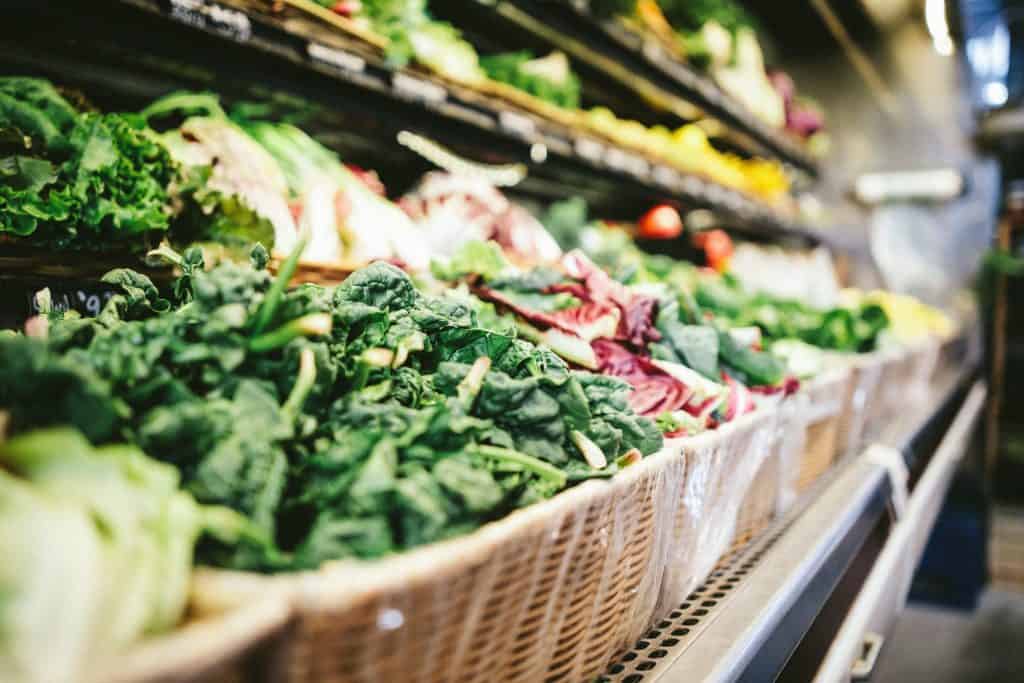
Photo by Scott Warman on Unsplash
Little and Often
Spread your calcium intake through the day. For the same amount of calcium, your body can absorb more if it is spread out over time, instead of eaten all in one go. The same goes for supplements - for example, taking one calcium tablet twice a day may be more effective than taking two at once.
Combine Foods
Eating calcium with other foods helps slow down how quickly it passes through the body, giving your digestive system more time to do its work. This is why calcium supplements are best taken with a meal. Combining calcium-rich foods with foods high in Vitamin C is even more effective. Vitamin C has been found to help the body absorb more calcium. So have a glass of orange juice with your meal.
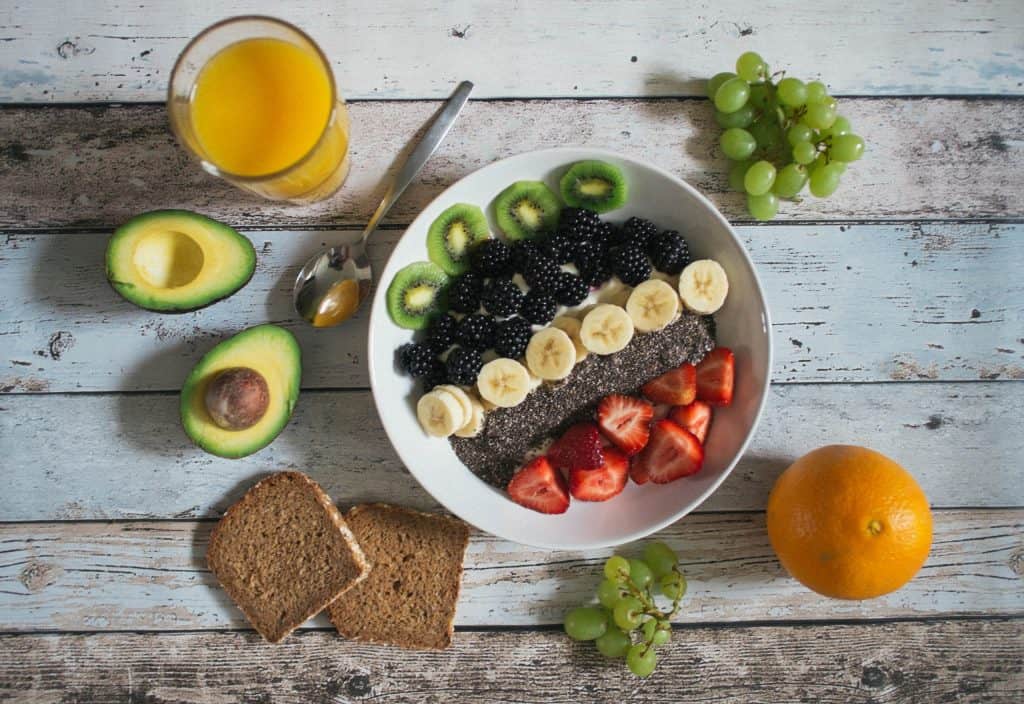
Photo by Jannis Brandt on Unsplash
Sodium
Sodium is a mineral found in salt (sodium chloride). As well as the white stuff you sprinkle on your chips, you'll find salt in many processed foods. In the body, sodium and calcium are regulated by the same molecule. When your body tries to get rid of sodium, it also gets rid of calcium at the same time. Therefore, eating a diet high in salt can deplete calcium from your body. To avoid this, reduce your salt intake by adding less salt in cooking, and avoiding processed foods with added salt.
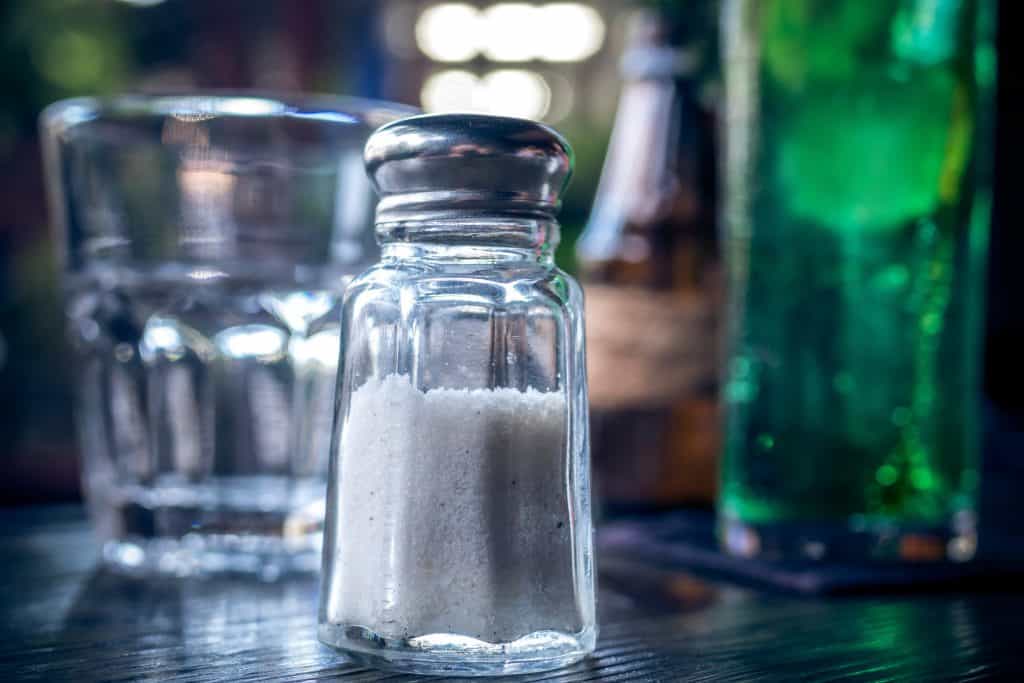
Probiotics
Some foods such as nuts, seeds, grains and beans contain a substance called phytate, or phytic acid. Phytate is often called an 'anti-nutrient' because it binds to calcium (and other minerals) so your body cannot absorb it. However, one particular strain of probiotic bacteria called lactobacilli breaks down phytate and stops this from happening. Lactobacilli are a type of friendly bacteria that live in our bodies. You can also find them in lacto-fermented foods or probiotics. Now, don't worry! The 'lacto' in both lactobacilli and lacto-fermented foods has nothing to do with lactose or milk. It refers to 'lactic acid', a substance produced by these good bacteria. So supplementing your diet with lactobacilli may help to increase how well your body can absorb the calcium in your diet.
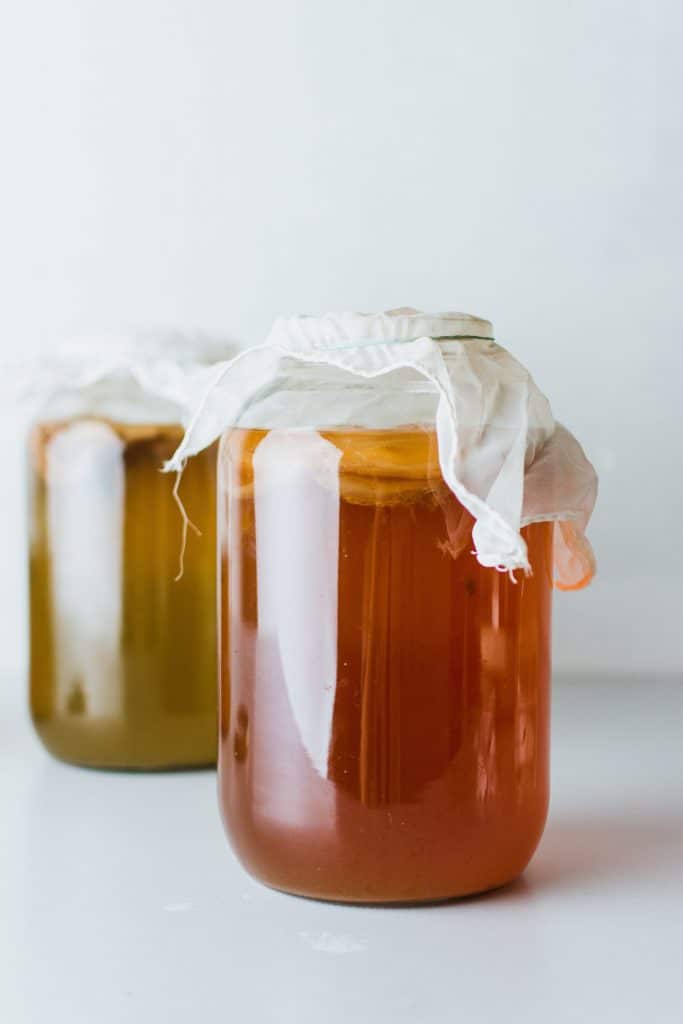
Photo by Klara Avsenik on Unsplash
Dairy Free Calcium: Key Points
While you do need to include calcium in your diet, there is no need to panic if you are not eating dairy. To look after your bones, make sure you eat plenty of dairy-free foods containing calcium. Then, to support your body to make the most of the calcium you are eating, you can try:
- Making sure you get enough Vitamin D, either by sunlight on the skin or by a supplement.
- Eating plenty of fruits and vegetables.
- Spreading your calcium intake through the day.
- Combining calcium with other foods, especially those high in Vitamin C.
- Using less salt in cooking and eating fewer salty foods.
- Eating lacto-fermented foods or taking a probiotic supplement.
Additional References
- World Health Organisation (2004) Vitamin and Mineral Requirements in Human Nutrition, second edition.
- Morcos SR, El-Shobaki FA, El-Hawary Z, Saleh N.
(1976) Effect of vitamin C and carotene on the absorption of calcium from the intestine.


[…] with calcium, like Koko dairy free. It's not always easy to find, but it can help to boost your calcium intake if you are dairy free. Now I do know that mayonnaise doesn't contain dairy! But I swapped it out […]